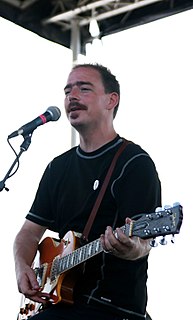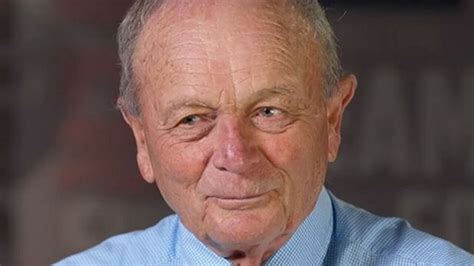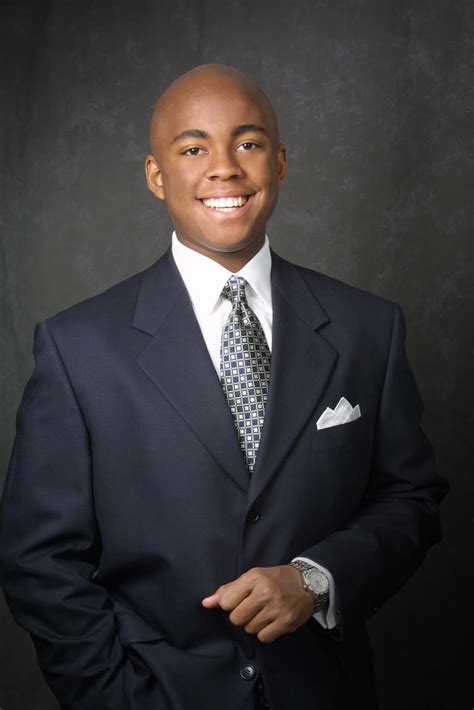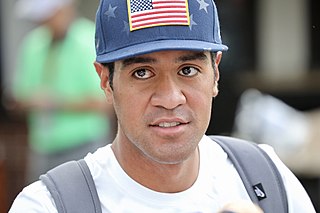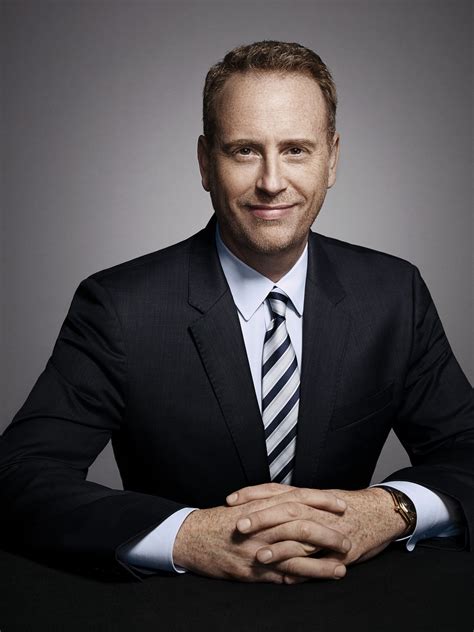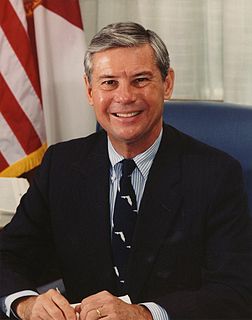A Quote by Jason Mraz
You come out of a store and they give you seventy-five cents change or something, rather than drop it I would always place it in the community. Sometimes I'd flip it into the hat of a busker or give it to a homeless person. But what I most enjoyed was putting it on a windowsill or on a bench seat or somewhere where I knew that the community would get it.
Related Quotes
I would rather commit a sin of commission than a sin of omission, and the evangelical community is exactly the opposite. The evangelical community would rather not do something wrong and the price they're willing to pay for not doing something wrong is they're willing to fail to do something right; they're so afraid of making a mistake. Now the reason they're afraid of making a mistake is they're cowards and our community produces cowards.
Seventy-five years. That's how much time you get if you're lucky. Seventy-five years. Seventy-five winters, seventy-five springtimes, seventy-five summers, and seventy-five autumns. When you look at it like that, it's not a lot of time, is it? Don't waste them. Get your head out of the rat race and forget about the superficial things that pre-occupy your existence and get back to what's important now.
Is it different to come out now than it was to come out thirty-five years ago? Sometimes. But if you come out now and you come from poverty and you come from racism, you come from the terror of communities that are immigrant communities or communities where you're already a moving target because of who you are, this is not a place where it's any easier to be LGBT even if there's a community center in every single borough.
We have to find areas in our lives that we feel most uncomfortable about and want to change. I decided to push myself because it allowed me to give back. I have a scholarship program. When I found out the average age of a homeless person is 9½ years old, I said there must be something that I can do. Now, I am the spokesman for the National Coalition for the Homeless.
A recent survey stated that the average person's greatest fear is having to give a speech in public. Somehow this ranked even higher than death which was third on the list. So, you're telling me that at a funeral, most people would rather be the guy in the coffin than have to stand up and give a eulogy.
When we enter the landscape to learn something, we are obligated, I think, to pay attention rather than constantly to pose questions. To approach the land as we would a person, by opening an intelligent conversation. And to stay in one place, to make of that one, long observation a fully dilated experience. We will always be rewarded if we give the land credit for more than we imagine, and if we imagine it as being more complex even than language. In these ways we begin, I think, to find a home, to sense how to fit a place.

